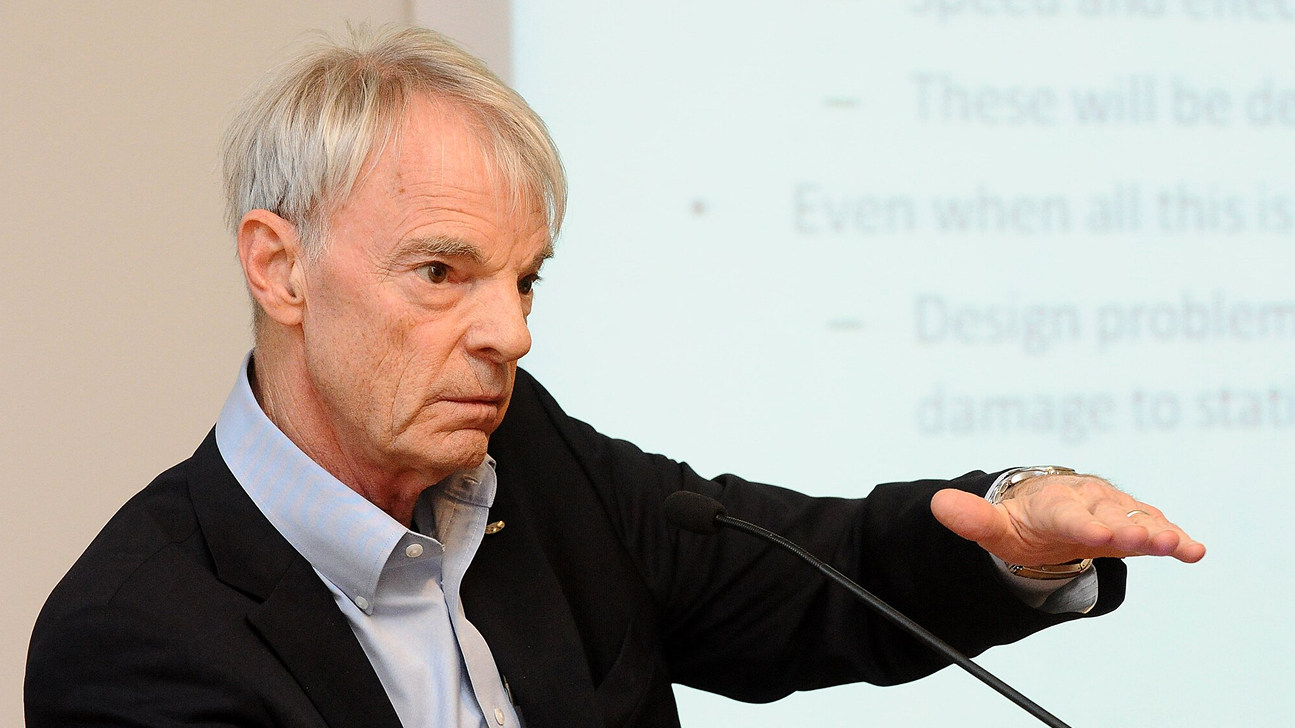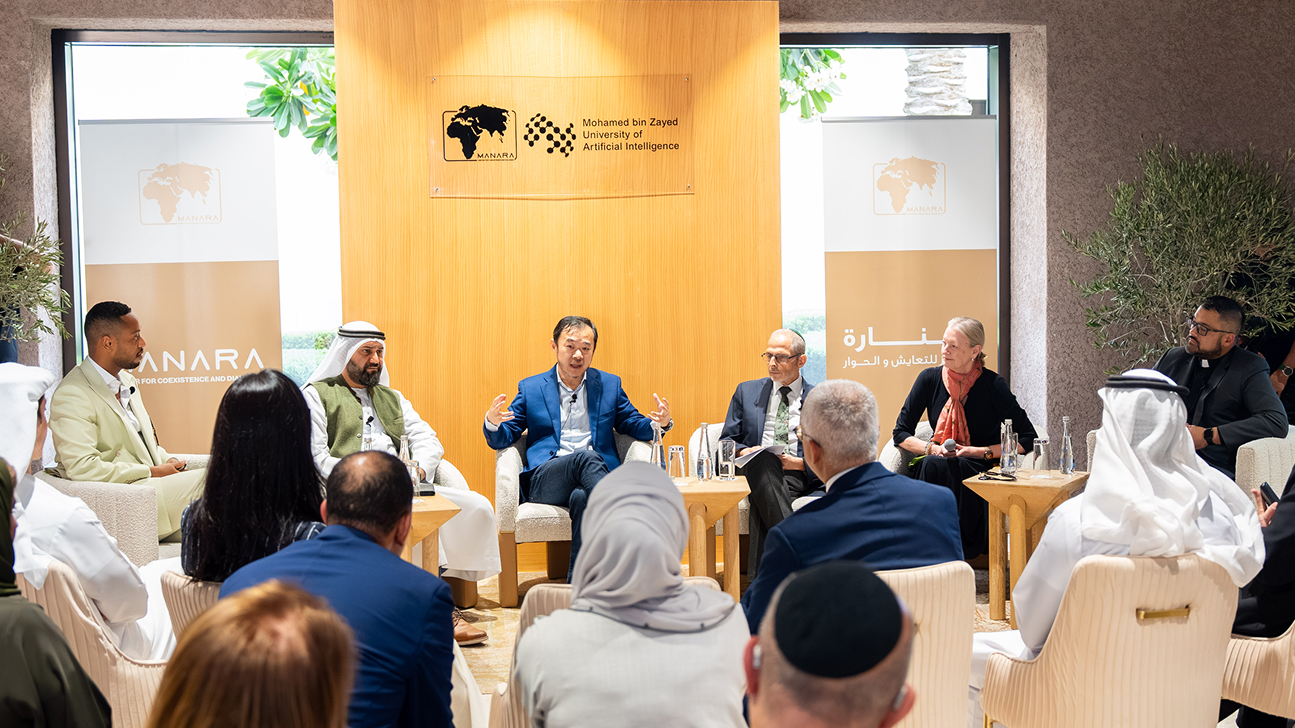Predicting and Explaining Cross-lingual Zero-shot and Few-shot Transfer in LLMs
Tuesday, April 04, 2023
Given a massively multilingual language models (MMLM), can we predict the accuracy of cross-lingual zero-shot and few-shot transfer for a task on target languages with little or no test data? This seemingly impossible task, if solved, can have several potential benefits. First, we could estimate the performance of a model even in languages where a test set is not available, and/or building one is difficult. Second, one can predict training data configurations that would give certain desired performance across a set of languages, and accordingly strategize data collection plans; this in turn can lead to linguistically fair MMLM-based models. Third, as a byproduct, we would know which factors influence cross-lingual transfer. In this talk, I will give an overview of Project LITMUS – Linguistically Informed Training and Testing of Multilingual Systems, where we build several ML models for performance prediction; besides their applications, I will discuss what we learn about the factors that influence cross-lingual transfer.
Post Talk Link: Click Here
Passcode: 8Tc0vHE@
Speaker/s
Dr. Monojit Choudhury is a Principal Applied Scientist at Microsoft Turing, and previously was a Principal researcher at Microsoft Research Lab India. His research interests span various aspects of natural language processing and cognitive sciences, including multilingual models, ethics of NLP and AI and NLP for social good. Dr. Choudhury is a Prof of Practice at Plaksha University and had previously served as adjunct faculty at IIIT Hyderabad and IIT Kharagpur. He is the general chair of the Panini Linguistics Olympiad, which is the Indian national linguistics Olympiad for high school students and is actively involved with the International as well as Asia Pacific linguistics Olympiads. Dr. Choudhury has a PhD and BTech in Computer Science and Engineering from Indian Institute of Technology, Kharagpur.
Related
Nobel Laureate Michael Spence on how AI is redefining the global economy
Nobel Prize-winning economist Michael Spence explains how AI is reshaping the economic landscape and what is needed.....
- digital policy ,
- governance ,
- Nobel Prize ,
- guest talk ,
- guest lecture ,
- economics ,
- Economy ,
- Undergraduate ,
Understanding faith in the age of AI
MBZUAI hosted a panel discussion in collaboration with the Manara Center for Coexistence and Dialogue focused on.....
- connection ,
- discussion ,
- religion ,
- spirituality ,
- faith ,
- conversation ,
- panel ,
- Human–computer interaction ,

